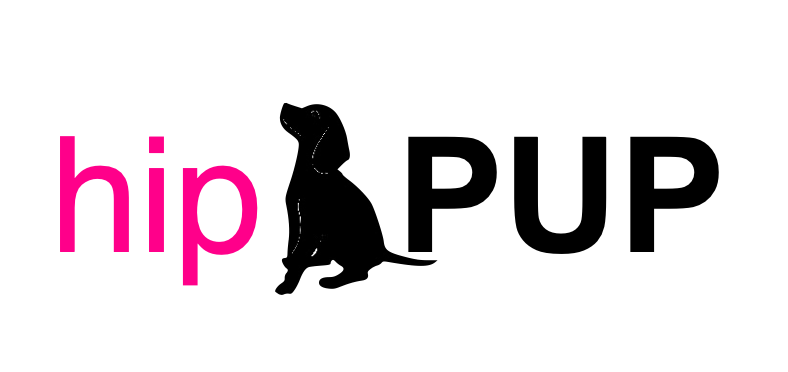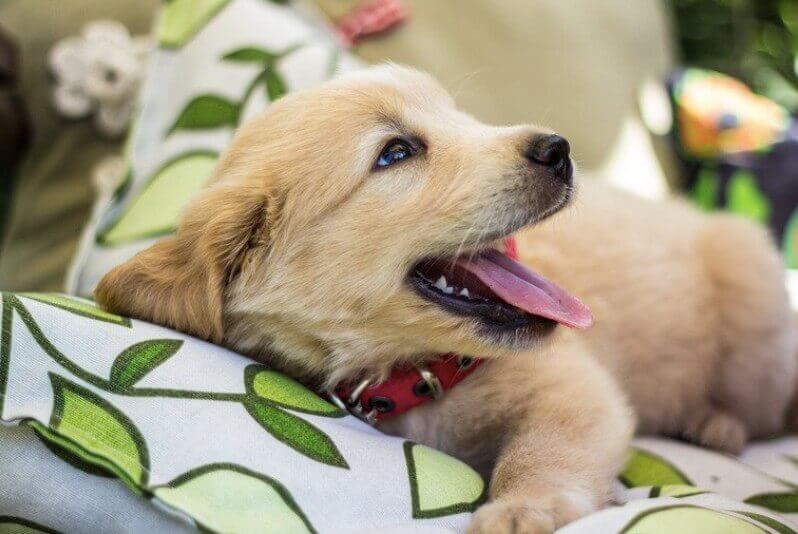The Puppy Rollercoaster
The first weeks with a new puppy can be an emotionally-charged rollercoaster. There are periods of joy and pride as you bask in the sublime cuteness of your puppy frolicking about, or when they manage to go to the bathroom in the right spot. There will also be times when you wonder why you decided to get a puppy in the first place.
You don’t want to take away any of those highs, but putting things into perspective can help smooth out some of the more challenging moments. It’s easy to lose track that this new puppy of yours, IS A BABY. Things need to be set up to suit them accordingly, including your expectations.
Your Puppy Has Special Needs
Many of the things that you need to do in the beginning will not necessarily be what your long-term choices will be. You need to set things up for your puppy and have expectations that match where they are now. Wanting to establish good habits from the start is awesome, but there are some things where emotional and physical requirements take priority.
Feeding is a good example of this. Although you may ultimately only feed your adult dog once or twice a day, your young puppy will require more feedings throughout the day. No one says, “That will be a bad habit I don’t want to get into”. We know that a puppy has very different feeding requirements than an adolescent or adult dog. The same concept applies to other aspects of their care including housetraining, the set-up at night and the pup’s daily routine, including how much rest and exercise is appropriate.
Using New Studies to Help Our Puppies
Recommendations have changed on how we get our puppies started. We now know that they need to stay close to us throughout the day rather than trying to isolate them to set them up for being on their own. This can actually create separation issues. And even though you may not want your puppy up on the bed or close to you at night in the long run, having them there to start will make nighttimes much easier for everyone.
You also need to be realistic about your expectations for behaviour and the development of good habits. Attention span, physical capabilities and the time required to develop understanding and proficiency, all need to be factored into YOUR short-term actions and expectations. This will encourage you to use proper management to help guide your puppy and keep them healthy and safe as they mature.
So to set you and your young puppy up for success, remember to be realistic in your expectations and factor in the emotional and physical needs that suit them where they are now. Doing so will reduce your frustration, make things better for your puppy and allow you to focus more on those moments of joy.

